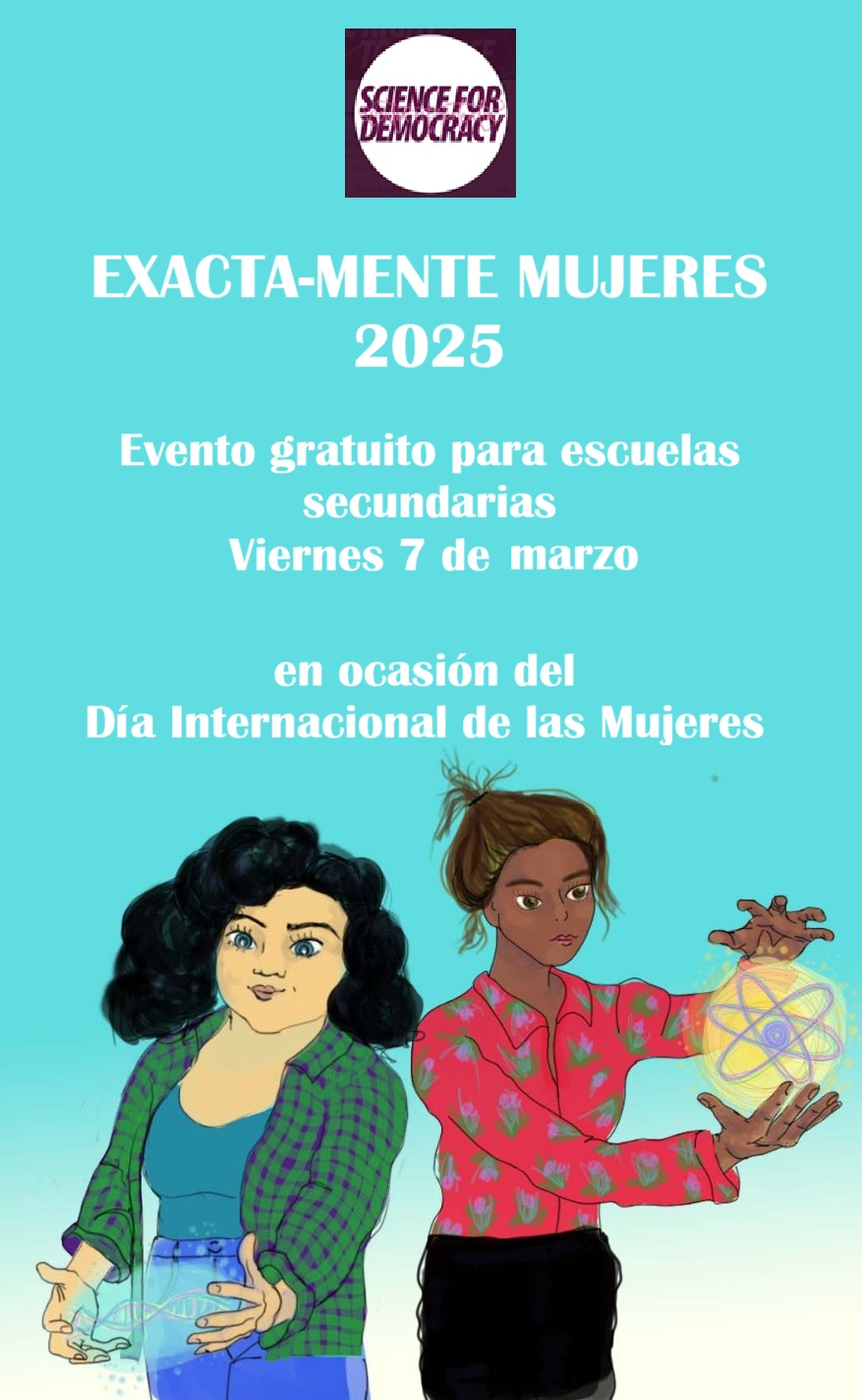Every person has the right to take part in the cultural life of the community, to enjoy the arts, and to participate in the benefits that result from intellectual progress, especially scientific discoveries
American Declaration, Art. XIII
Everyone has the right freely to participate in the cultural life of the community, to enjoy the arts and to share in scientific advancement and its benefits
Universal Declaration, Art. 27.1
Besides the American Declaration of Human Rights and the Universal Declaration of Human Rights, the right to science as such, or elements of it, are codified in several international human rights legal instruments, including the International Covenant on Economic Social and Cultural Rights (Art. 15.1.b, 15.2, 15.3 and 15.4.), the Protocol of San Salvador to the American Convention on Human Rights (Art. 14), the Arab Charter of Human Rights (Revised 2004) (Art. 42), and the ASEAN Declaration on Human Rights (Art. 32).
Several UNESCO declarations and recommendations have codified or developed the Right to Science as such or its component rights, including:
- 1974 Recommendation on the Status of Scientific Researchers
- 1997 Universal Declaration on the Human Genome and Human Rights
- 2003 International Declaration on Human Genetic Data
- 2005 Universal Declaration on Bioethics and Human Rights
- 2017 Recommendation on Science and Scientific Researchers
- 2017 Declaration of Ethical Principles in Relation to Climate Change
- 2021 Recommendation on Open Science
- 2021 Recommendation on the Ethics of Artificial Intelligence
The right to right to science as such or its component rights can also be found in dozens of national constitutions throughout the world.


